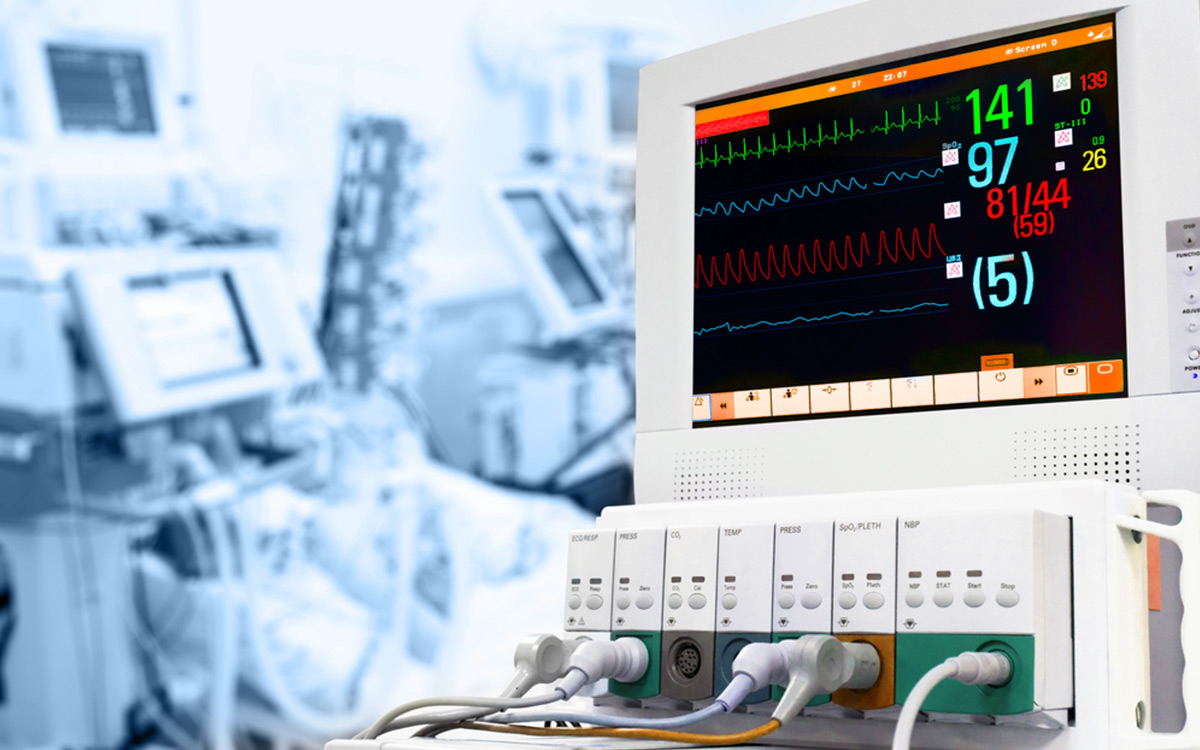The electrocardiogram, commonly known as the ECG or EKG, has been an invaluable tool for cardiologists in diagnosing and monitoring heart conditions for over a century. However, managing paper-based ECG reports and patient records has long presented challenges for healthcare providers. In recent years, digital ECG management systems have transformed this process, improving efficiency, diagnostic accuracy, and patient outcomes.
The Problems with Traditional Paper-Based ECG Management Systems
For decades, healthcare providers relied on paper printouts to store, file, and share patients’ ECG readings. While effective for capturing the cardiac rhythms, paper records created numerous hassles. Cardiologists would spend significant time manually filing and retrieving reports. Important readings could get lost or misfiled, delaying diagnoses and treatment decisions. Sharing ECGs between providers also posed difficulties, as physical records had to be couriered or mailed between clinics and hospitals.
These inefficiencies compromised the timeliness of cardiac care. It was not uncommon for providers to be unable to access prior ECGs during acute episodes, missing potential clues for underlying conditions. The storage space required for growing paper archives also proved burdensome. Over time, most clinics recognized the need to transition to digital ECG management for a more organized, streamlined workflow.
The Advantages of Digitial ECG Management Systems
Digital ECG Management Systems offer clear advantages over paper-based alternatives. Key benefits of these systems include:
Organization and Accessibility
– ECG reports and waveforms can be electronically filed, indexed, and securely accessed from any computer or mobile device. This eliminates lost records and improves real-time sharing between providers.
Storage Savings
– By converting to digital formats, clinics can reduce their physical storage footprint dramatically. reports require minimal server space compared to bulky filing cabinets.
Remote Patient Monitoring
– Some advanced solutions allow patients to transmit ECG readings remotely using patches or mobile devices. This facilitates at-home monitoring of intermittent arrhythmias.
Longitudinal Health Tracking
– When all ECGs are consolidated digitally, providers gain a longitudinal view of patients’ cardiac status over years. This aids in detecting subtle changes indicative of new or worsening conditions.
Diagnostic Accuracy
– Waveform viewing tools enable stronger analysis of PQRST intervals, amplitudes, and other features. Side-by-side comparisons improve detection of anomalies compared to relying solely on physician memory.
Interoperability & Data Exchange
– Digital formats allow integration with electronic health records for a unified patient view. ECG data can also be securely shared with specialists through Health Information Exchanges.
Undoubtedly, digital platforms have revamped ECG management for greater efficiency, visibility, and enhanced cardiac diagnostics compared to antiquated paper trails. Their value has driven widespread industry adoption over the past decade.
Selecting the Right Digital ECG Solution
With various digital ECG management vendors now competing in the market, healthcare providers must carefully evaluate options to pick the best solution for their unique needs and budgets. Key factors to consider include:
Interoperability – Does the system integrate seamlessly with your existing EHR, cardiology PACS, or telemedicine portals without the need for redundant data entry? Interfaces save time and reduce errors.
Customization – Can administrators configure custom workflow profiles and security settings tailored to your specialists’ preferences? Flexibility futureproofs your investment.
Analytic Tools – What waveform viewing, merging, and comparison tools are available to maximize diagnostic value of each ECG? Advanced analytics aid complex cases.
Cost – Consider not just license fees but also long-term storage, support, and future upgrades. Cloud-based subscriptions minimize capital expenses.
Ease of Use – Intuitive navigation and documentation streamline provider experience. Mobile accessibility extends usefulness outside physical premises.
Support – Reputable vendors provide training, custom onboarding, 24/7 phone assistance, and timely software updates/patches for highest uptime.
By carefully vetting core capabilities and post-purchase support, clinics can select the digital partner optimizing their ECG management for years to come. The right system pays for itself through improved workflow, collaboration and, most importantly, cardiac patient outcomes.
The Future of ECG Analytics
As artificial intelligence increasingly transforms medicine, experts foresee ECG management advancing to new frontiers of automated analysis and predictive analytics. Over time:
– AI algorithms may learn to detect subtle anomalies invisible even to expert cardiologists, improving diagnostic accuracy.
– Pattern recognition could uncover relationships between various ECG morphologies and underlying cardiac conditions not currently known.
– By integrating with other health data sources like genetics, AI may predict future arrhythmia risk personalized to each patient’s profile, guiding targeted prevention.
– Remote patient monitoring coupled with AI has potential to revolutionize ambulatory cardiac monitoring, flagging dangerous rhythms in real-time before clinical episodes occur.
Though in early stages of development, such AI-driven approaches hold promise to take ECG analytics beyond documentation and diagnosis, helping proactively optimize cardiac treatment and avert health events years ahead. Digital transformation will continue propelling the specialty of cardiology to new heights.
Digital ECG management systems have modernized cardiac care delivery through organized data storage, universal accessibility, enhanced review tools, and improved outcomes. Their adoption has been widespread as providers recognize the advantages over antiquated paper records. Through evaluating features important to their specific needs, healthcare organizations can select the right long-term digital partner. And with AI on the horizon, future ECG platforms may revolutionize diagnosis, monitoring, and overall heart health management even further. The digital transformation underway promises ever-higher standards of cardiology practice.
*Note:
1. Source: Coherent Market Insights, Public sources, Desk research
2. We have leveraged AI tools to mine information and compile it

